Need help managing serrated tussock?
Watershed Landcare are launching a new project to help landholders manage serrated tussock on their properties.
The project, funded by the Central Tablelands LLS through funding from NSW Catchment Action and the Australian Government’s National Landcare Programme, will deliver a broad range of activities catering to landholders with different experience levels in dealing with serrated tussock.
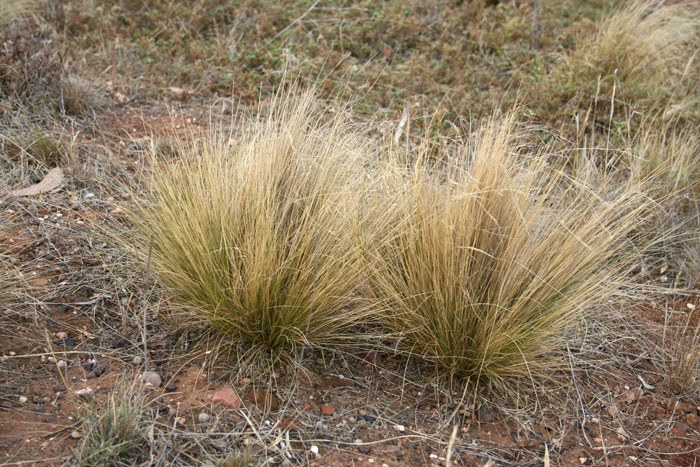
Serrated tussock
“Building on interest in serrated tussock management in recent months, we have received funds from Central Tablelands LLS to help landholders develop management plans that take in a range of factors that are critical to managing serrated tussock.” said Claudia Wythes, Watershed Landcare Co-ordinator.
“Things like grazing management, pasture species, control options and the scale of the problem all need to be considered.” she continued.
The project will utilise mentoring and support to develop a whole of farm approach to serrated tussock management, rather than focussing on individual control methods or strategies.
Participating landholders will have the opportunity to develop a serrated tussock management plan, tailored to their property, as well as some funding to assist in implementing some of the identified actions.
“A number of workshops will be held over the coming months including identification and grazing management. For those landholders who have been managing serrated tussock for some time, we are keen to trial alternative ideas you may have as well as give you support as it can be a tough battle to fight on your own.” said Ms Wythes.
Want to get involved? Whether you are actively managing serrated tussock on your property, just spotted a few isolated plants or would like some help with identification, we want to hear from you.
For further information or to register your interest contact Claudia Wythes, Watershed Landcare Coordinator, on 0412 011 064 or claudiawythes@watershedlandcare.com.au.
This project is supported by Watershed Landcare through funding from the Central Tablelands LLS from NSW Catchment Action and the Australian Government’s National Landcare Programme and is a part of the NSW Government’s Local Landcare Coordinators Initiative, supported through the partnership of Local Land Services and Landcare NSW.

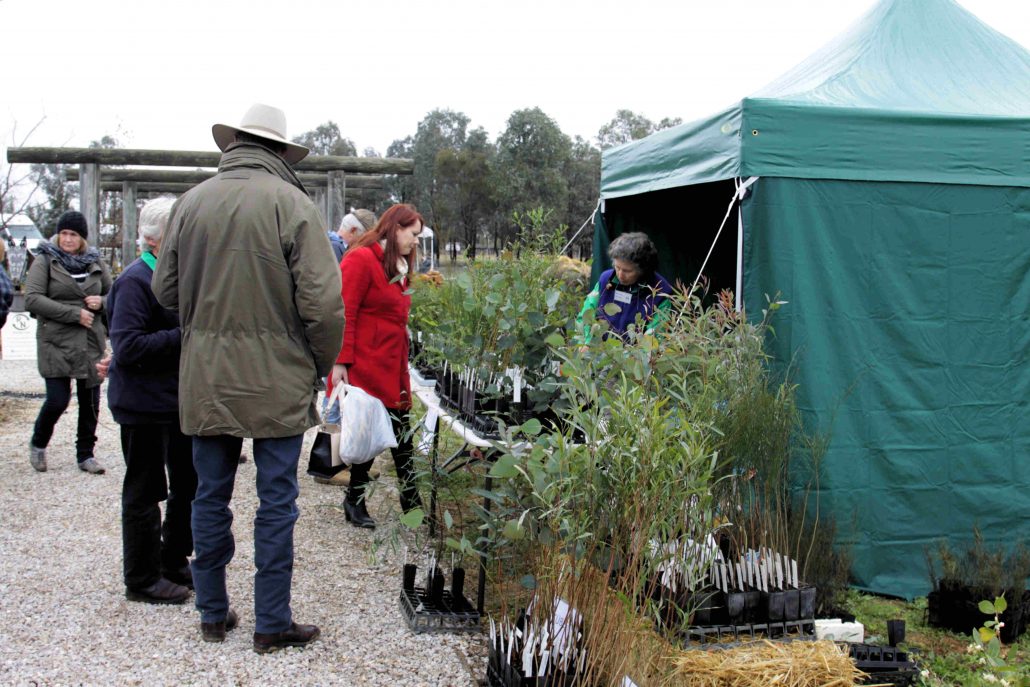
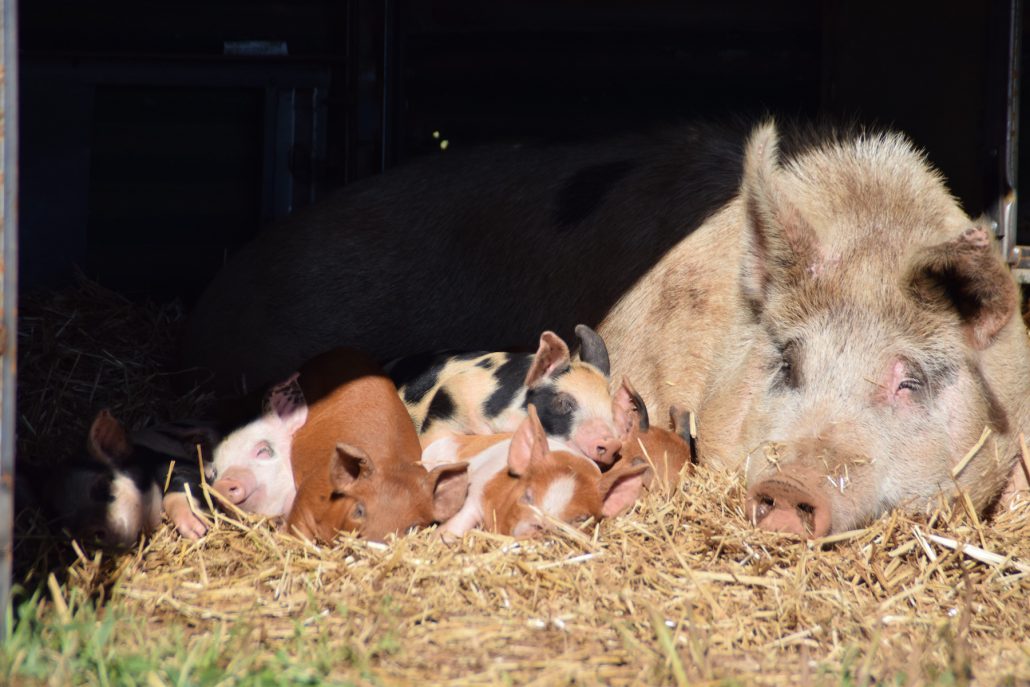
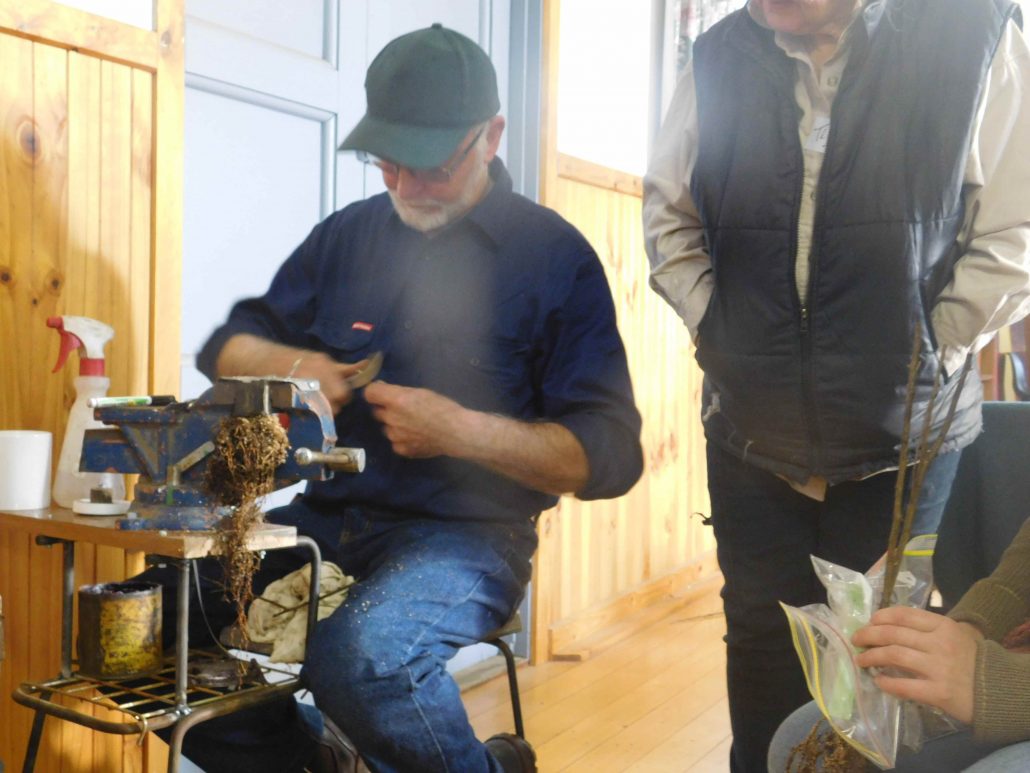 The Heritage and Rare Fruit Network has been conducting grafting workshops each year since 1990 with the aim of propagating and sharing heritage fruit trees which people of past generations cultivated as part of a more self-reliant lifestyle.
The Heritage and Rare Fruit Network has been conducting grafting workshops each year since 1990 with the aim of propagating and sharing heritage fruit trees which people of past generations cultivated as part of a more self-reliant lifestyle.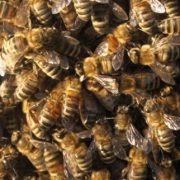 After a successful and booked our course earlier in the year, the Mudgee Bee Group have invited Bruce White OAM back to deliver another beekeeping course in August.
After a successful and booked our course earlier in the year, the Mudgee Bee Group have invited Bruce White OAM back to deliver another beekeeping course in August.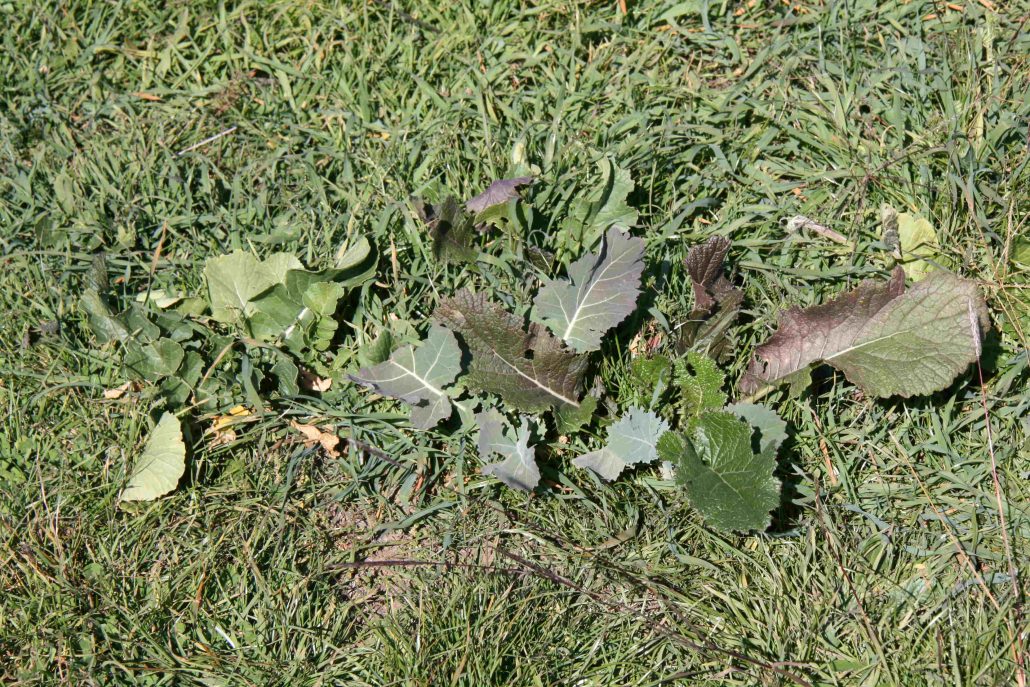
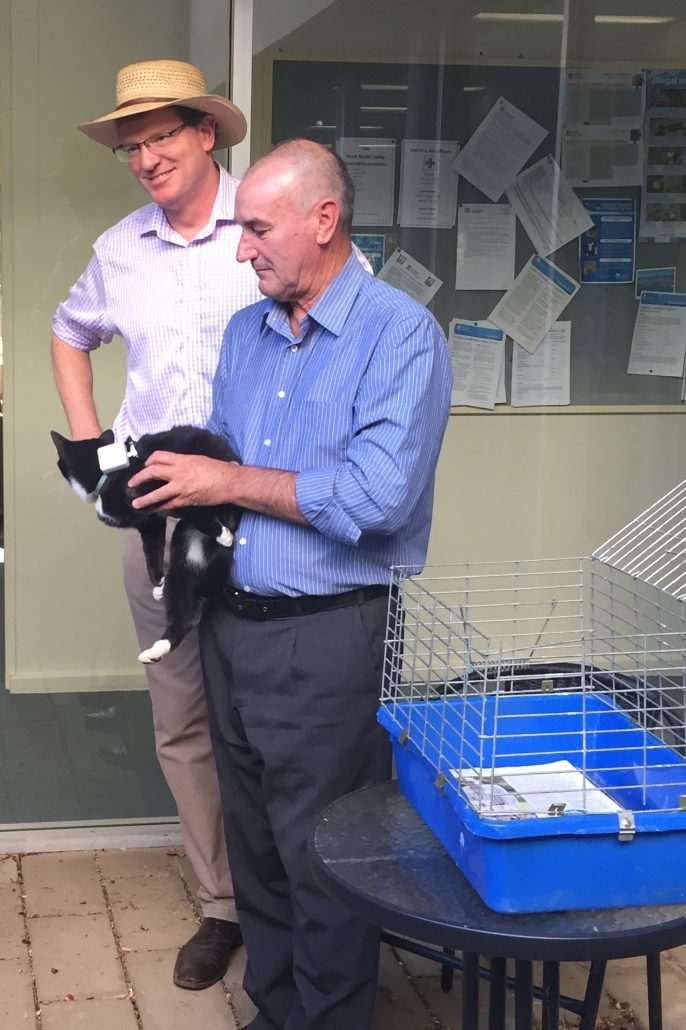

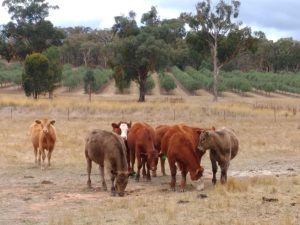 Then follow us out to the lovely Karrabool Olives on Botobolar Road where David Sargeant and Judy Rogers hope to reduce the runoff which is causing sheet and rill erosion through their olive grove. Here participants can get their hands dirty and learn how to construct small rock structures to slow and spread waterflow.
Then follow us out to the lovely Karrabool Olives on Botobolar Road where David Sargeant and Judy Rogers hope to reduce the runoff which is causing sheet and rill erosion through their olive grove. Here participants can get their hands dirty and learn how to construct small rock structures to slow and spread waterflow.